Your brightness is my darkness.
I know nothing of You and, by myself,
I cannot even imagine how to go about knowing You.
If I imagine You, I am mistaken.
If I understand You, I am deluded.
If I am conscious and certain I know You, I am crazy.
The darkness is enough."
Thomas Merton, prayer before midnight mass at Christmas, 1941.
I very much admire this poem/prayer by T.M.. However I was watching TM's last presentation before his death in Thailand on youtube and I am less impressed with his last recorded words which were: "…So I will disappear from view and we can all have a coke™ or something." I also question his assertion that the gospel, at least as it engages with economics, can only be lived in a monastery. Of course I could be wrong on this too, as T.M. says. Still, as an electrician, I can't help but feel that if Merton would have had a little basic knowledge about electrons he might have lived another 25 years. Here is a link to the short video: http://www.youtube.com/watch?v=2WXo4ktQrg8
*** There is always an abiding interest in who "The Richest Person In the World" is. I don't know if there has been as much (or any) research about who is the "Poorest Person In the World." Perhaps that is because their can be only one richest person but many, many, poorest people? If you think about it, its possible to have whole populations of absolute poor with only one rich person on top (surprisingly, this is not that hard to imagine).
*** Photo of the week: "Dominion"
 |
| Puget Sound |
Anecdote of the Jar
I placed a jar in Tennessee,
And round it was, upon a hill.
It made the slovenly wilderness
Surround that hill.
The wilderness rose up to it,
And sprawled around, no longer wild.
The jar was round upon the ground
And tall and of a port in air.
It took dominion everywhere.
The jar was gray and bare.
It did not give of bird or bush,
Like nothing else in Tennessee.
***
**** Miro: “Painting is a sandbox for the subconscious mind, I intend to destroy, destroy everything that exists in painting. I have utter contempt for painting.”
On top is my grand daughter Emily looking at my painted copy of a Miro for the yearly 'Forgery Art Show' here on the island. On the bottom is the original by Miro. Miro offered an explanation of this painting, something that I resist doing for my own art, and this is an example why.
"At first glance this painting may look abstract, but it is a landscape filled with rich iconography and suggestions of political strife. The large beige circle is a cross-section of the trunk of a carob tree that sprouts a leaf and a giant, all-seeing eye bisected by the horizon line. The stick-figured hunter, with a lit pipe protruding from his mouth, holds a freshly killed rabbit in one hand and a smoking rifle in the other."
Miro had an affinity for Catalonian culture, language and independence, and painted this work as an expression of his patriotic fervor. Nevertheless, despite Miro's painting the Catalonian people remain mostly enthralled to their Spanish overlords. Perhaps the power of art to influence the life-world needs to be re-evaluated?
Anyway, Emily thought that the abstract shapes looked like bumble bees and she would make buzzing noises, touch the painting and then quickly pull her hand away giggling and then pretend to run away.
Btw, there is a nice copy of Van Gogh's "The Sower" on the other side of the Miro. Most of my paintings are painted on both sides so a customer really gets 2 paintings for the price of one. I sometimes wonder how much 2 forgeries like these might be worth to someone?
 |
| The Sower VanGogh/Imburgia 20X40 acrylic on board |
**** This weeks fun facts: These were the most cited social science book authors in 2007. Not surprised by Foucault @#1, but a bit by Bourdieu at #2. However I am mostly surprised that Nietzsche and Benjamin, who are so quotable, are so low on the list.
Michel Foucault (1926-1984) Philosophy, criticism 2,521
Pierre Bourdieu (1930-2002) Sociology 2,465
Jacques Derrida (1930-2004) Philosophy 1,874
Albert Bandura (1925- ) Psychology 1,536
Anthony Giddens (1938- ) Sociology 1,303
Erving Goffman (1922-1982) Sociology 1,066
Jurgen Habermas (1929- ) Philosophy, sociology 1,049
Max Weber (1864-1920) Sociology 971
Judith Butler (1956- ) Philosophy 960
Bruno Latour (1947- ) Sociology, anthropology 944
Sigmund Freud (1856-1939) Psychoanalysis 903
Gilles Deleuze (1925-1995) Philosophy 897
Immanuel Kant (1724-1804) Philosophy 882
Martin Heidegger (1889-1976) Philosophy 874
Noam Chomsky (1928- ) Linguistics, philosophy 812
Ulrich Beck (1944- ) Sociology 733
Jean Piaget (1896-1980) Philosophy 725
David Harvey (1935- ) Geography 723
John Rawls (1921-2002) Philosophy 708
Geert Hofstede (1928- ) Cultural studies 700
Edward W. Said (1935-2003) Criticism 694
Emile Durkheim (1858-1917) Sociology 662
Roland Barthes (1915-1980) Criticism, philosophy 631
Clifford Geertz (1926-2006) Anthropology 596
Hannah Arendt (1906-1975) Political theory 593
Walter Benjamin (1892-1940) Criticism, philosophy 583
Henri Tajfel (1919-1982) Social psychology 583
Ludwig Wittgenstein (1889-1951) Philosophy 583
Barney G. Glaser (1930- ) Sociology 577
George Lakoff (1941- ) Linguistics 577
John Dewey (1859-1952) Philosophy, education 575
Benedict Anderson (1936- ) International studies 573
Emmanuel Levinas (1906-1995) Philosophy 566
Jacques Lacan (1901-1981) philosophy, criticism 526
Thomas S. Kuhn (1922-1996) philosophy of science 519
Karl Marx (1818-1883) Political theory, economics, 501
Friedrich Nietzsche (1844-1900) Philosophy 501
Blessings and obliged.




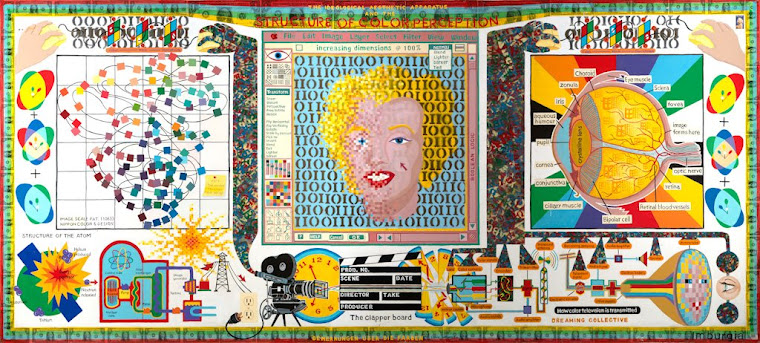



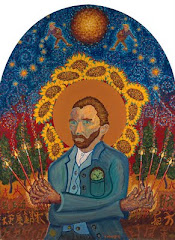


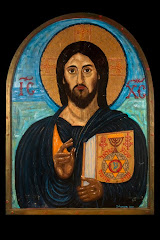
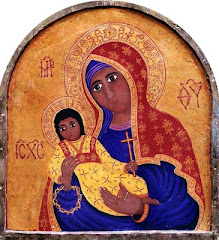

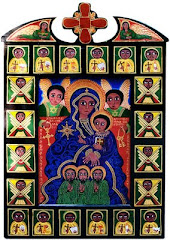

No comments:
Post a Comment